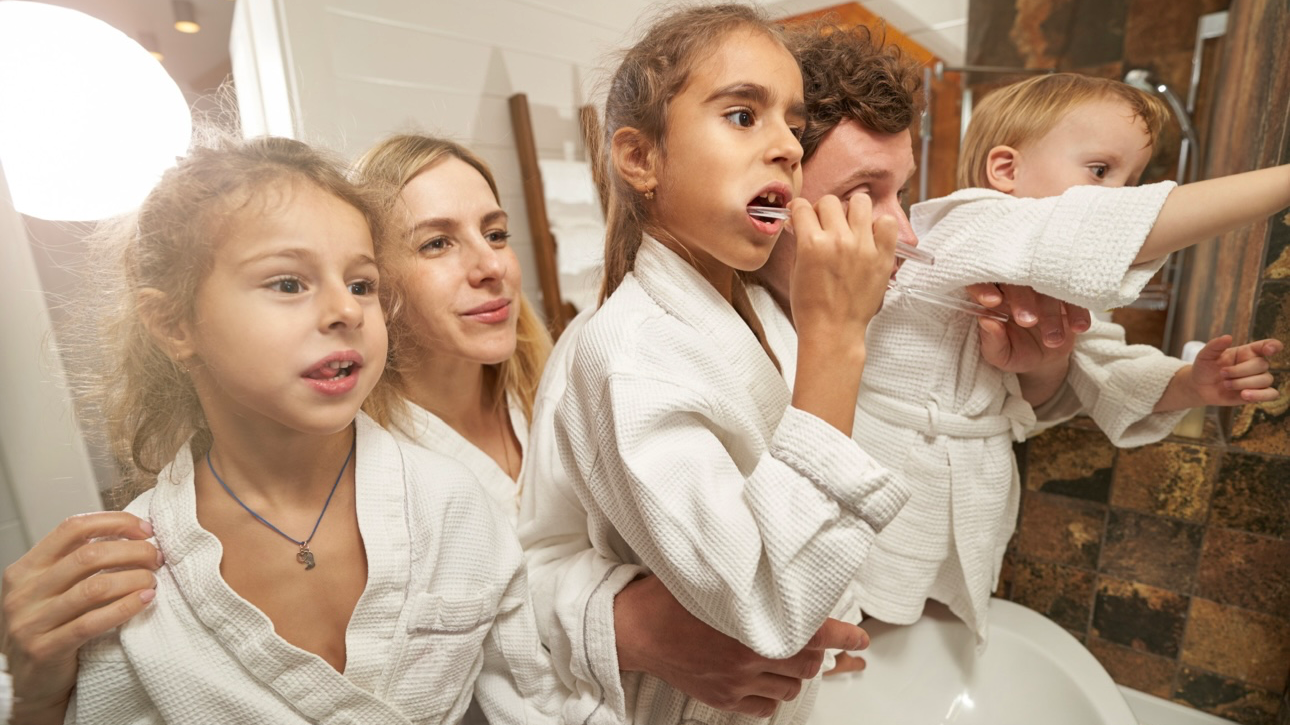Skin Care for Kids: Tips, Products, and Importance
Taking care of your child’s skin is an essential aspect of their overall health and well-being. Children’s skin is delicate and more susceptible to various skin conditions and irritations. Establishing a proper skincare routine from an early age can help maintain their skin’s health and protect it from potential issues. In this article, we will discuss the importance of skincare for kids, provide tips for a healthy skincare routine, and highlight the significance of using appropriate products.
The Importance of Skincare for Kids
Children’s skin is different from adult skin in several ways. It is thinner, more sensitive, and has a higher surface area to body weight ratio. These factors make children’s skin more prone to dryness, irritation, and other skin conditions. Proper skincare for kids is essential for the following reasons:
1. Protection: Children spend a significant amount of time outdoors, exposing their skin to the sun’s harmful UV rays. Protecting their skin with sunscreen and appropriate clothing can help prevent sunburns, skin damage, and reduce the risk of skin cancer later in life.
2. Hydration: Children’s skin tends to lose moisture more quickly than adult skin. Maintaining proper hydration through moisturizing helps keep their skin soft, supple, and less prone to dryness or itching.
3. Prevention of Skin Conditions: Establishing a skincare routine can help prevent common skin conditions in children, such as eczema, rashes, and allergies. Regular cleansing and moisturizing can keep their skin clean and minimize the risk of infections or irritations.
4. Education: Teaching children about skincare from an early age helps instill good habits and a sense of responsibility for their own health. It also encourages them to be mindful of their skin and make informed choices as they grow older.
Tips for a Healthy Skincare Routine for Kids
1. Gentle Cleansing: Use a mild, fragrance-free cleanser specifically formulated for children’s delicate skin. Avoid harsh soaps or cleansers that can strip the skin of its natural oils. Limit bathing time to 10-15 minutes and use lukewarm water.
2. Sun Protection: Apply a broad-spectrum sunscreen with at least SPF 30 to your child’s exposed skin, even on cloudy days. Encourage them to wear protective clothing, a wide-brimmed hat, and sunglasses when spending time outdoors. Seek shade during peak sun hours (10 am to 4 pm).
3. Moisturizing: After bathing, gently pat your child’s skin dry with a soft towel and immediately apply a hypoallergenic moisturizer. Choose a moisturizer that is free from fragrances, dyes, and other potential irritants. Pay extra attention to areas prone to dryness, such as the elbows, knees, and cheeks.
4. Avoid Harsh Chemicals: Be mindful of the products you use on your child’s skin. Avoid products that contain harsh chemicals, fragrances, or allergens that can potentially irritate their skin. Opt for natural or organic skincare products specifically formulated for children.
5. Hydration: Encourage your child to drink plenty of water throughout the day to keep their skin hydrated from within. Limit their intake of sugary beverages, as excessive sugar consumption can contribute to skin issues.
6. Healthy Diet: A well-balanced diet rich in fruits, vegetables, whole grains, and lean proteins can contribute to healthy skin. Encourage your child to eat a variety of nutritious foods that support their overall health, including their skin.
7. Good Hygiene Habits: Teach your child good hygiene practices, such as washing their hands regularly, using a separate towel for their face, and avoiding sharing personal items like towels or clothing to prevent the spread of germs and bacteria.
Using Appropriate Products for Kids’ Skincare
When choosing skincare products for kids, it is important to opt for those specifically formulated for their sensitive skin. Look for products that are:
1. Hypoallergenic: Hypoallergenic products are less likely to cause allergic reactions or irritations.
2. Fragrance-Free: Fragrances can be irritating to sensitive skin. Choose products that are free from artificial fragrances or opt for products with natural, mild scents.
3. Dermatologist-Tested: Products that are dermatologist-tested provide an extra level of assurance that they are safe for children’s skin.
4. Age-Appropriate: Consider the age of your child when selecting skincare products. Some products may be formulated specifically for infants, while others may be suitable for older children.
Skincare for kids is an essential aspect of their overall health and well-being. Establishing a healthy skincare routine from an early age helps protect their delicate skin, prevent common skin conditions, and educate them about the importance of self-care. Remember to use gentle cleansers, provide sun protection, moisturize regularly, and choose appropriate skincare products formulated for children. By prioritizing their skin’s health, you can help your child maintain healthy, nourished skin and instill lifelong habits of self-care and hygiene.










